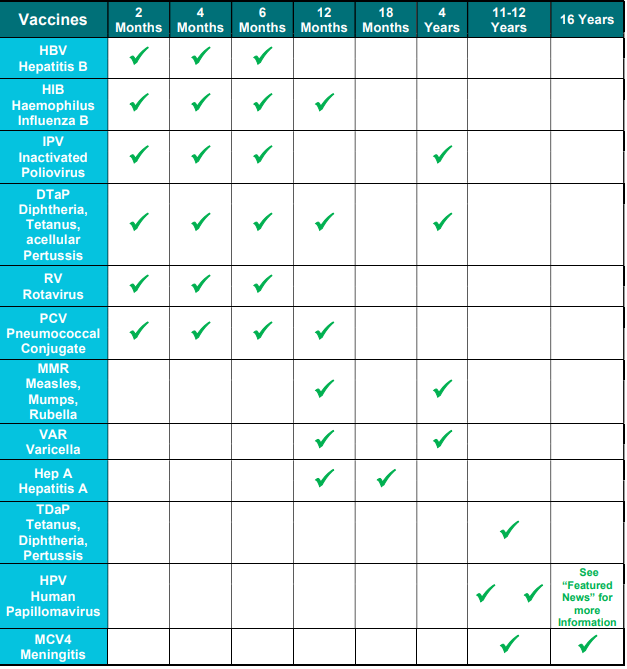In a significant policy change, Louisiana has ceased promoting mass immunizations at various public events, such as health fairs, a move endorsed by the state’s newly appointed surgeon general. The change in strategy has drawn criticism from certain quarters, including Republican Senator Bill Cassidy. Sen. Cassidy has expressed concern that this shift could limit access to vaccinations for individuals and parents seeking to immunize their children and has openly voiced his disapproval of Louisiana’s decision to cease vaccine promotions.
The new mandate to dispense with mass vaccination initiatives was issued last week by Louisiana state Surgeon General, Dr. Ralph Abraham. Earning his appointment through Republican Governor Jeff Landry, Dr. Abraham is also in charge of the Louisiana Department of Health. In addition to his public health duties, he continues his medical practice in Richland Parish.
Dr. Abraham insists that decisions pertaining to vaccinations should be made with a more customized approach, leveraging consultation with an individual’s healthcare provider. He further maintains that health units across the parishes will continue to store and supply vaccines to those who need them, thus ensuring continued access.
According to Dr. Abraham, decisions about specific vaccines and their appropriateness for a particular person should ideally happen through discussions with the individual’s healthcare provider who is privy to their unique medical history and health situation. This was stated in a public communication.
Sen. Cassidy, a medical professional with past experience in vaccine research prior to embarking on his political career in Congress, has opposed this break from mass vaccination events. He believes this decision shrinks avenues for individuals and parents anxious to have their children vaccinated.
Louisiana Department of Health’s new policy on immunizations fails to take into account the realities of everyday life, according to Cassidy. He observes the practical challenges faced by working parents who suddenly find that their child requires immunization and struggle to secure an appointment with their healthcare provider.
Sen. Cassidy further argues that healthcare providers often have long waiting periods for routine visits, anywhere from six weeks or more, resulting in potential delays in essential immunizations. During his time as a doctor, he oversaw large-scale immunization programs designed to bring healthcare and immunizations directly to patients, circumventing these accessibility issues.
Sen. Cassidy champions opportunities like vaccine fairs, which prevent children from needing to miss school and working parents from taking time off from their jobs to accommodate immunization appointments. He insists this is the pragmatic approach to medicine in our fast-paced, highly scheduled modern world.
Criticizing the current policy’s neglect of these practical realities, Cassidy argues the benefits of timely healthcare provision through initiatives like mass immunizations shouldn’t be overlooked. Claiming that waiting for the next available appointment to discuss and decide on vaccinations isn’t feasible or realistic for many individuals, he maintains that this ignores real-life scenarios and imposes unnecessary hardship on families.
In keeping with this, he stresses that it’s crucial to make parents aware of the necessities of immunization, or to remind them of it if needed. Eliminating resources for parents is not in support of parents’ rights, but rather serves to obstruct the convenience and accessibility of healthcare especially for those juggling multiple responsibilities.
Sen. Cassidy’s influence and stance on vaccination access has been significant in the past. He has been pivotal, often seen as a deciding vote, in the ultimate confirmation of John Kennedy by the full Senate. Despite expressing serious reservations about Kennedy, Cassidy seems to have given in to pressure from President Trump and MAGA supporters both in Washington and back home.
Cassidy attests that he chose to endorse Kennedy due to assurances that he would have significant influence in preserving Americans’ accessibility to vaccinations. As chairman of the Senate Committee with oversight of Health and Human Services (HHS), he vows to safeguard public access to vital vaccines, barring robust scientific evidence disproving their benefit.
Cassidy asserts that he would resist any attempt to revoke public’s access to vital vaccines without solid, causal scientific evidence that can withstand scrutiny by the mainline scientific community and the Congress. He will remain observant to any effort designed to unjustly instill fear about vaccines within the public by distorting the difference between coincidence and anecdote.
Sen. Cassidy remains intent on leveraging his position to protect public access to vaccines. The evolving situation in Louisiana serves as a reminder of the critical and complex dynamics at play in public health policy and how decisions taken can have far-reaching, tangible impacts on the citizens they affect.
In conclusion, the recent changes in policy concerning the promotion of mass vaccinations in Louisiana have sparked differing opinions within the state’s political and healthcare sectors. While Louisiana’s state Surgeon General maintains decisions on vaccination should be patient-centred, others like Sen. Cassidy argue for the importance of maintaining mass vaccination programs for the sake of practicality and access. The subsequent developments will continue to shape the future landscape of health policy in Louisiana.


